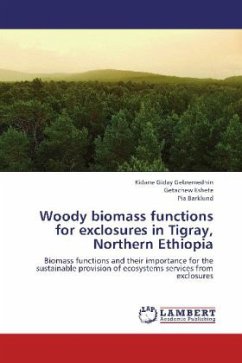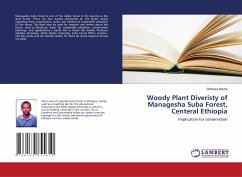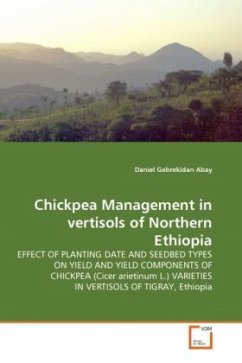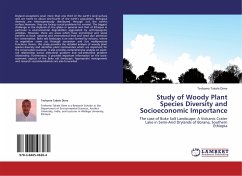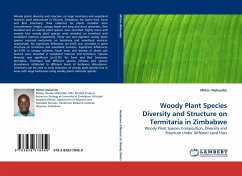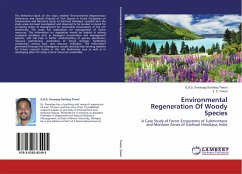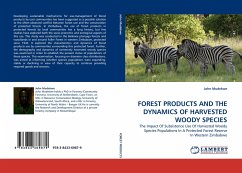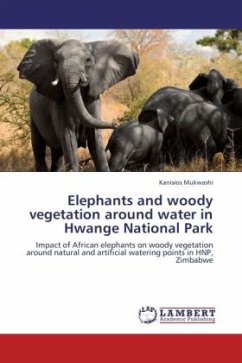Forests and the ecosystem services they provide play a crucial role in sustaining livelihoods. Deforestation and land degradation, however, are reducing the ability of the land to support delivery of these vital services. Of the successful efforts made to reverse land degradation in Tigray, N. Ethiopia, exclosures, where livestock and human interferences are excluded for effective natural regeneration, are the major. They are cost effective and require low technical expertise. Nowadays, these emerging woodlands are becoming potential biomass resources requiring tools for sustainable utilization, implying knowledge of biomass stock, growth, and allocation. This book, therefore, explains the nature and challenges of land degradation in Ethiopia; exclosures as promising restoration tools; theories and practices of biomass model development; biomass functions and sustainable utilization; and socioeconomics of exclosures and the need for inclusive management. This book is believed to be especially useful to professionals in forest ecosystem studies, wildlife ecology, plant carbon stock and carbon sequestration, or anyone else who is involved in forest resource monitoring and management.
Bitte wählen Sie Ihr Anliegen aus.
Rechnungen
Retourenschein anfordern
Bestellstatus
Storno

